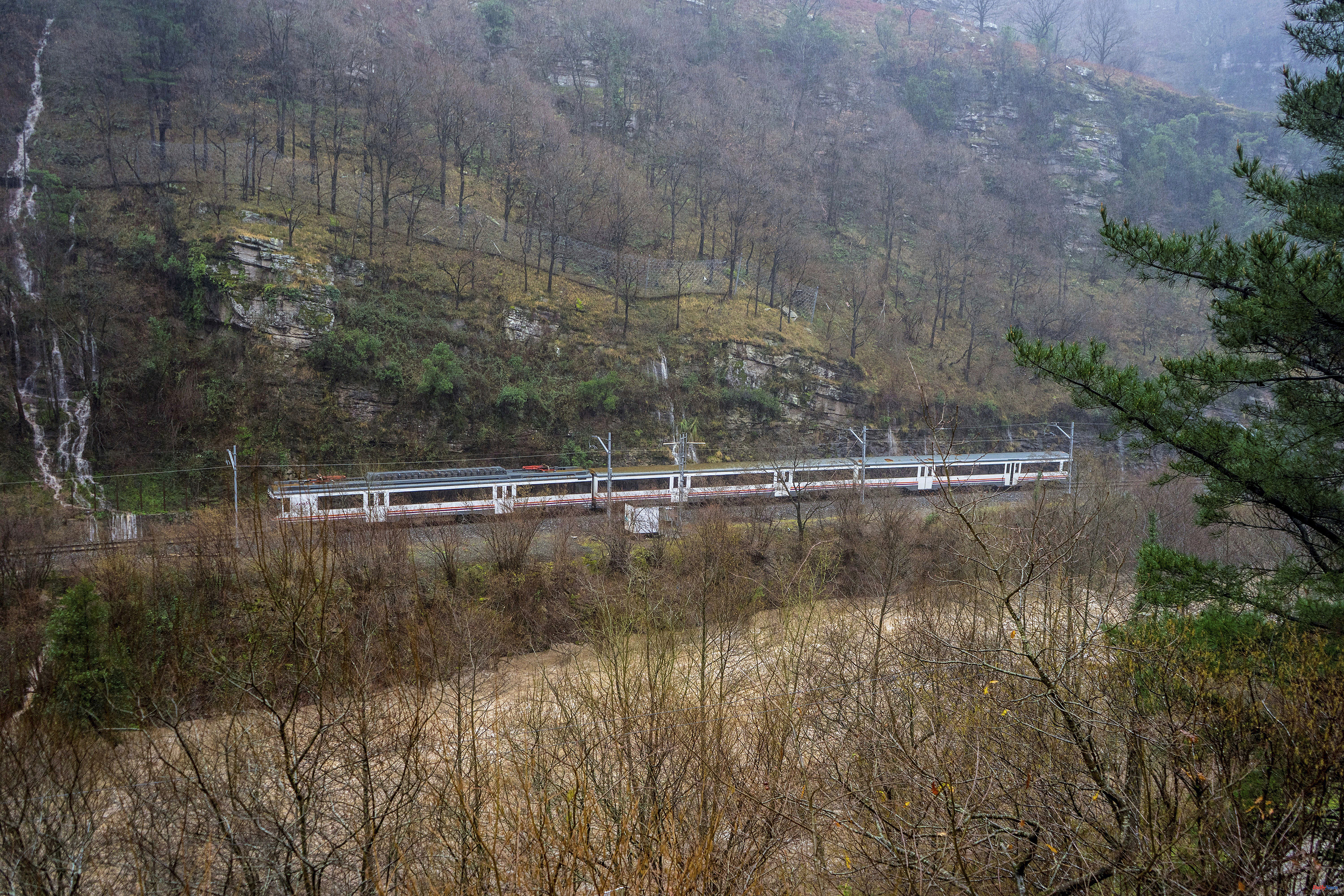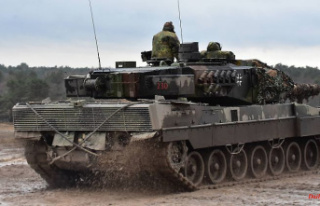The General Secretary for Infrastructures of the Ministry of Transport, Mobility and Urban Agenda, Xavier Flores, has acknowledged that there has been "a problem" in the size of the commuter trains committed to Cantabria and Asturias, and has assured that Renfe is already working with the manufacturer to have "as soon as possible" the new trains, which will be "modern", "will improve the lives of citizens" and will have "the maximum benefits".
In an audio that Mitma has sent to the media this Friday, Flores has transferred the "firm" commitment of the central government to the renewal of rolling stock for the Feve lines, both in Cantabria and Asturias, whose bidding contract amounts to 161 million euros to renew the fleet in Cantabria and design new trains in Asturias.
The General Secretary for Transport has recognized that this contract has had "a problem regarding how we have to size these trains", according to Europa Press. In this sense, he explained that the Feve line is "very special", it has tunnels "smaller than usual", which meant that these new trains that were being modernized "caused having smaller trains or with no the same conditions that we currently have.
The problem stems from the measures published in the statement on the network, and when the problem was found and it was found that the trains would not fit in certain sections of the infrastructure, the entire manufacturing process was stopped.
Faced with this problem, it was considered, first, to apply the gauges established in the instruction on the real situation of the infrastructure, with the data provided by Adif. However, this decision would lead to the manufacture of a train with dimensions significantly smaller than those of the current trains that it was going to replace, for which reason it was considered unaffordable, since it would worsen the benefits for passengers.
After various meetings and internal communications between Renfe and Adif, in which CAF and the AESF participated, three possible solution alternatives were proposed, one of them being the adaptation of the infrastructure at the points where there is interference, which, without However, it could lead to long execution times and high costs.
It was also evaluated to apply an exception to the Railway Gauge Instruction at points with interference, authorized by the AESF or to issue a new specific one for the metric gauge network, although, finally, the so-called "comparative method" was chosen. that although it is described in the European standard, it is not regulated in the Spanish one, reports EFE. All this will cause a delay of two and three years.
The Secretary of State has pointed out that, indeed, the new system "is not the usual one" but that it will allow "building larger trains than it would have been with the existing regulations, and on which Renfe is already working with the manufacturer so that we can have these trains as soon as possible".
Renfe published in January 2019 the specifications for the acquisition of 31 metric gauge trains in accordance with the gauges included in the Adif network statement and, in June 2020, awarded CAF their manufacture, after a bidding process that was affected by the pandemic.
In addition to the 31 trains for Renfe's metric gauge lines, previously managed by Feve (Galicia, Asturias, Cantabria, Castilla y León and the Basque Country), the order included a second batch of another six units to completely renew the Cercedilla fleet -Preserves of the Madrid sierra that has been in operation for more than 40 years.
According to the criteria of The Trust Project












